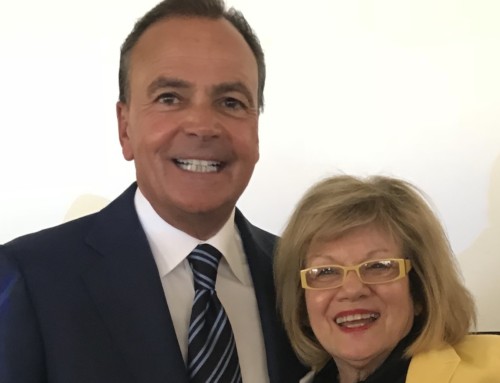The Heat is on for Uber CEO
 Can an abrasive personality become smooth and likable? Yes, though the difference between success and failure is the desire to want to make changes and do the work. Reports of Uber’s CEO, Travis Kalanick’s brash behavior with Uber employees and drivers has been making headlines in recent months. On Tuesday, the CEO announced he is taking an indefinite leave from his post. Reasons cited for stepping down at this time are to grieve the recent death of his mother in a boating accident, reflection and to work on himself.
Can an abrasive personality become smooth and likable? Yes, though the difference between success and failure is the desire to want to make changes and do the work. Reports of Uber’s CEO, Travis Kalanick’s brash behavior with Uber employees and drivers has been making headlines in recent months. On Tuesday, the CEO announced he is taking an indefinite leave from his post. Reasons cited for stepping down at this time are to grieve the recent death of his mother in a boating accident, reflection and to work on himself.
The admission of internal problems or a company’s abrasive demeanor is only the tip of a turning around a company’s culture. Taking action to begin making improvements immediately provides a glimmer of believability for employees, investors and customers that a company is serious about making changes.
Mr. Kalanick himself reportedly acknowledged in a memo to employees, “The ultimate responsibility rests on my shoulders.” If the time-out is his wake up call, he is given a second chance to improve. He has received a powerful message to make significant changes, become more likable and play by the rules.
Through our Startegic Likability Processes we have smoothed a few abrasive personalities. Positive personality changes at the top increases moral and employee retention while turn around bottom line.
“The Jernudd Save”
Challenge: Abrasive Personality
Our client faced a problem with a brilliant but unlikable senior level executive who was in jeopardy of losing his job. Complaints came in from colleagues, staff and clients. Because of his unique skills, the company would need to spend approximately $500,000 in replacement costs. They wanted to retain him, but could not tolerate the complaints, the poor morale he created and the time and money spent running interference internally and externally.
Solution:
We introduced him to The Likability Advantage, which he absorbed like a sponge. After interviewing him to assess his relationship and people skills, we worked on a series of self-awareness-building exercises. We videotaped his body language and taught him how to relate to personalities different from his own. We helped him develop skills to positively influence behavior in others and worked on relationship management. Although brilliant and accomplished, he had been unaware of how his abrasive personality was affecting others and jeopardizing his success. He was given direction, coaching, guidance and feedback – and he embraced the changes.
Results:
The once abrasive executive kept his position in the company and later promoted to a substantial partnership position. “We call it the Jernudd save!”






Recent Comments